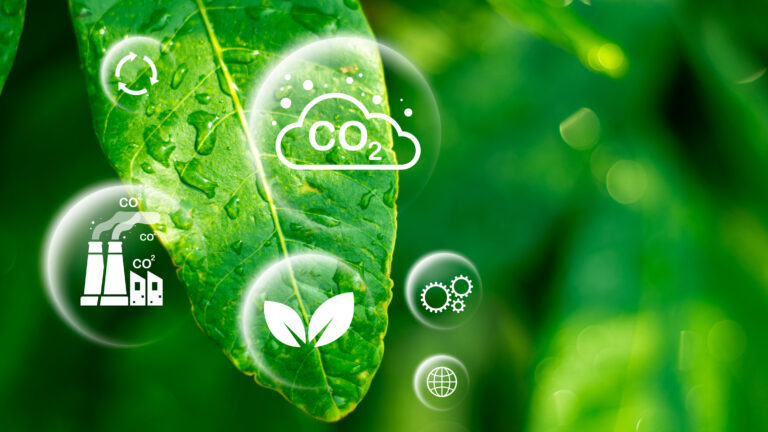Regenerative farming offers a path to address agriculture’s significant contribution to global greenhouse gas emissions, while improving biodiversity and soil health. Berlin-based agritech startup Klim aims to simplify this transition for farmers, recently raising $22 million in a Series A funding round led by BNP Paribas to expand internationally.
Klim equips farmers with tools to plan, implement, and finance the shift to regenerative practices, offering data on improving soil health, enhancing biodiversity, capturing carbon, and reducing emissions. Farmers can track their progress, demonstrate outcomes to supply chain partners, and earn revenue by selling carbon “insets” through Klim’s marketplace. Food companies use these insets to reduce their supply chain emissions, with farmers effectively earning income for carbon farming alongside traditional agriculture.
Founded in 2020 by Robert Gerlach, Nina Mannheimer, and Adiv Maimon, Klim has supported 3,500 farmers, representing 700,000 hectares—5% of Germany’s farmland. Its clients include major food companies like Nestlé and Kaufland. CEO Gerlach emphasizes the urgency of transitioning farmland to regenerative practices, given the degradation of global soils, many of which have lost 50% of their organic carbon stock.
Gerlach highlights Klim’s dual approach: providing farmers with tailored guidance to minimize risks and leveraging satellite data, soil samples, and farm inputs to quantify emissions reductions. This data supports supply chain partners in meeting stricter environmental reporting requirements while stabilizing their production amidst unpredictable harvests.
The agritech sector in Europe is competitive, with startups like Agricarbon, Regrow, and Soil Capital raising significant funds to tackle similar challenges. Klim’s innovative model attracted investors such as Earthshot Ventures, Rabobank, and AgFunder. The latest funding will drive Klim’s expansion beyond Germany, building on its $6.6 million seed round in 2022.
BNP Paribas’ Maha Keramane praised Klim’s alignment with climate resilience and ecosystem improvement goals, underscoring the platform’s potential impact on global agriculture.
Find the original source here.

